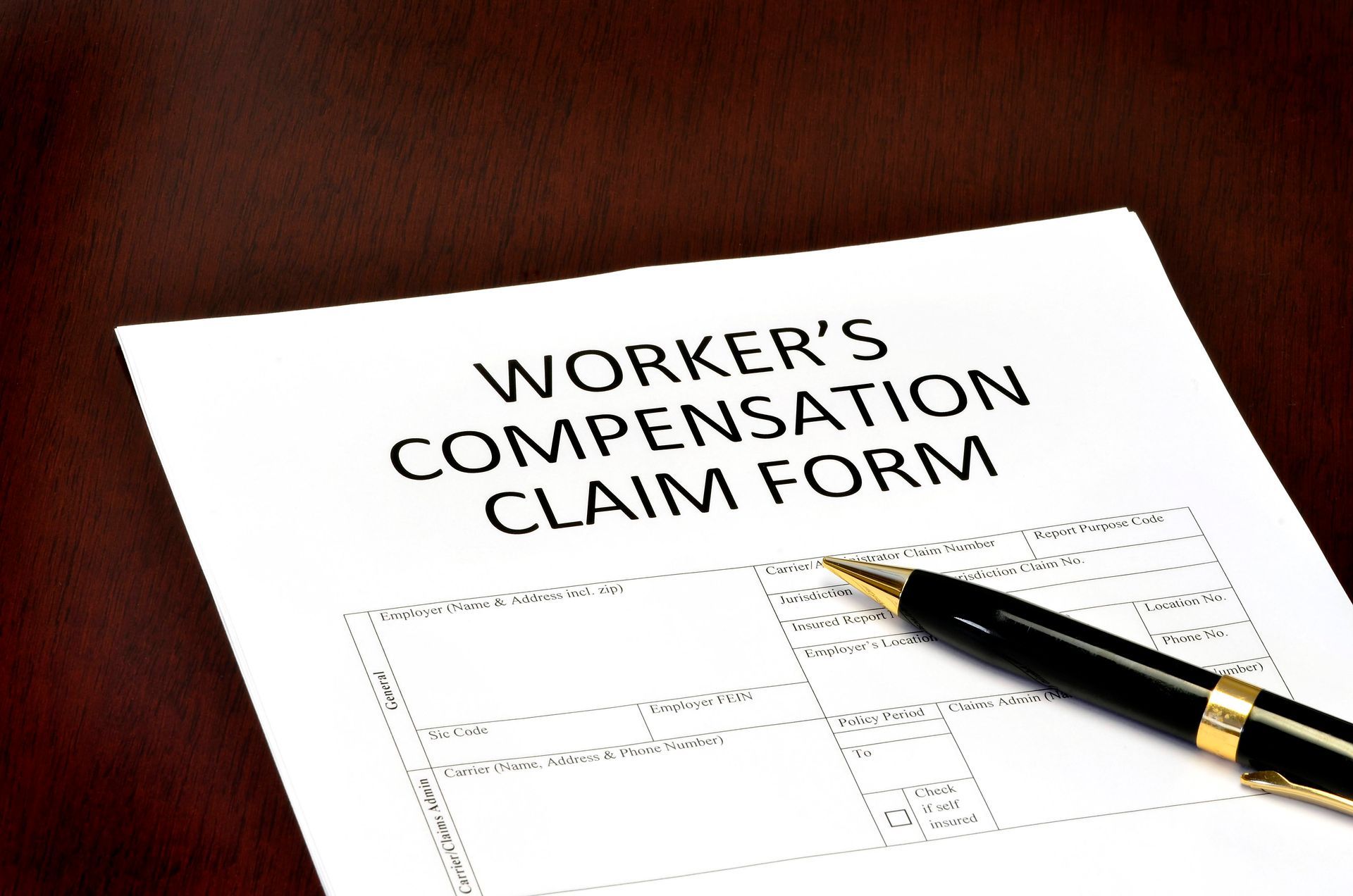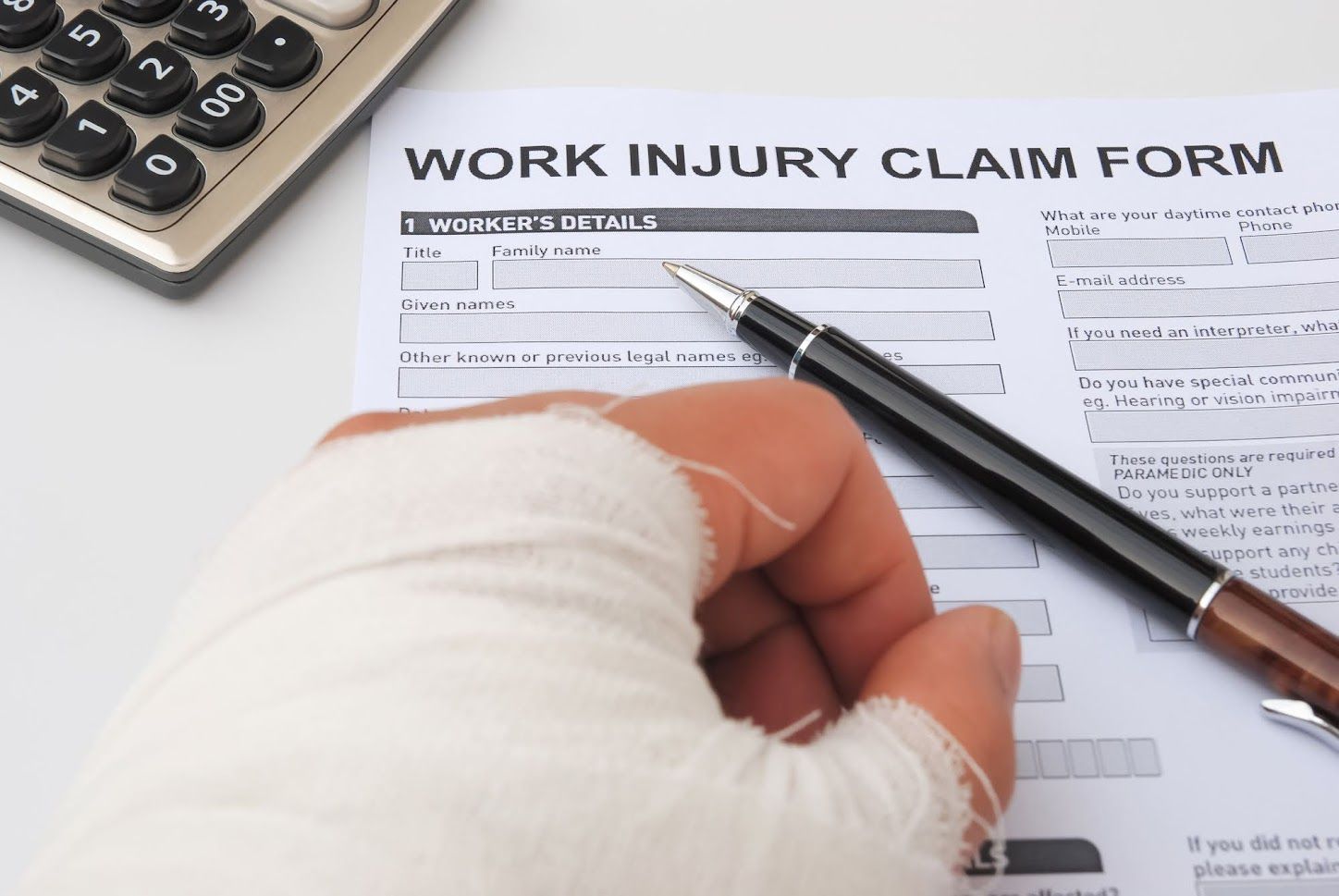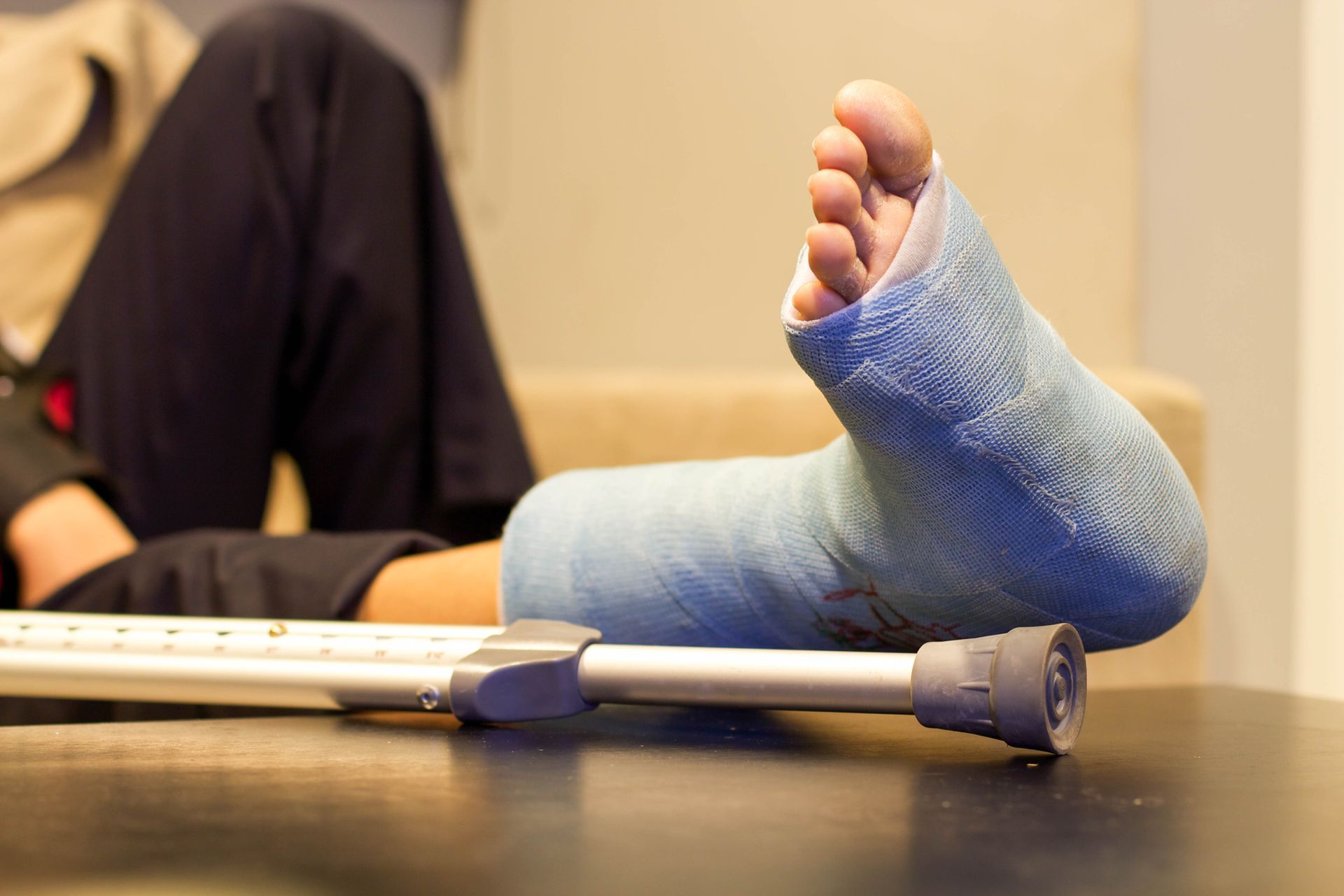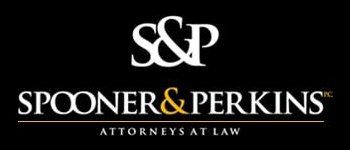Address: 1201 East Street Parkville, Missouri 64152
Toll Free:
Call Us Now:
PROVING FAULT IN PERSONAL INJURY CLAIMS
A plaintiff in an auto accident case must prove the defendant's liability to get compensation. Below are some legal theories you can use to prove liability.
Negligence
Negligence is a legal principle that makes someone liable for your injury if their carelessness has caused your injury. You must prove the following elements to succeed with a negligence claim:
- Duty: You need to prove that the defendant had a legal obligation to act in a manner that wouldn't harm you. For example, as a pedestrian, other road users (such as motorists) have a legal obligation to drive safely to not harm you.
- Breach: Secondly, you must prove that the defendant failed in their duty of care. For example, a motorist who doesn't stop at a pedestrian crossing has breached their duty of care to pedestrians.
- Causation: Third, you must prove that the defendant's breach caused your injury. For example, a driver can cause your injury by running the red light and knocking you down.
- Damages: Lastly, you must prove that the defendant's actions caused your actual injuries. That is, a near-miss of scare doesn't count - you must suffer actual injuries to succeed with a negligent claim.
Negligence Per Se
Negligence per se is a stricter form of conventional negligence law. You must prove these things:
- The Defendant Violated a Law: Negligence per se claims only apply to cases where the defendant has breached an existing law or regulation. For example, the law requires motorists to stop when a school bus stops. Therefore, a motorist who overtakes a stopped school bus violates that law.
- The Law Enhanced Public Safety: Negligence per se claims only apply to violations of public safety laws. For example, the school bus law above keeps children safe since they lack the awareness to cross highways or roads safely.
- You Belong to the Class the Law Protects: You must prove that you are a member of the class that the violated law protects. These laws don't apply if a motorist overtakes a stopped bus and knocks you down, but you are not a student, and you weren't on the bus.
Strict Liability
The two forms of negligence above aren't the only ways to prove liability in an accident. You can also use the legal theory of strict liability. This legal theory applies fault to a defendant without regard to the defendant's fault.
Here is what you must prove to succeed with a strict liability claim:
- The Defendant's Actions Were Unusually Dangerous: Strict liability only applies to activities that carry an unusual level of danger. For example, transporting explosives is a highly hazardous activity, so it's subject to strict liability laws.
- You Suffered Injuries: You must also prove that you suffered actual injuries. Medical treatment history is usually adequate proof.
- The Defendant's Action's Caused Your Injuries: You must also link the defendant's actions directly to your injuries. For example, you cannot use a strict liability claim if you crash your car due to distraction by a burning explosives truck.
Intentional Conduct
Lastly, you can also use intentional tort law to make someone pay for your injuries. Intentional tort laws apply to intentional acts or conduct. Here is what you must prove in this case:
- The Defendant Acted Intentionally: Intentional tort only applies if the defendant intended to commit the alleged act. For example, a driver commits an intentional act if they ram another car in a fit of road rage. Thus, road rage can trigger an intentional tort claim.
- The Defendant Caused You Injury: Secondly, you must tie the defendant's intentional act to your injury. Indirect injuries don't count.
- The Defendant Foresaw Your Injury: Lastly, you must prove that the defendant knew or should have known that their actions would cause you injury. For example, all drivers know that crashing into another car can cause injury.
Spooner & Perkins Attorneys at Law have decades of legal experience. Contact us to evaluate your case and help you pursue your accident damages.
CONTACT INFORMATION
Email:
Phone:
Toll Free:












